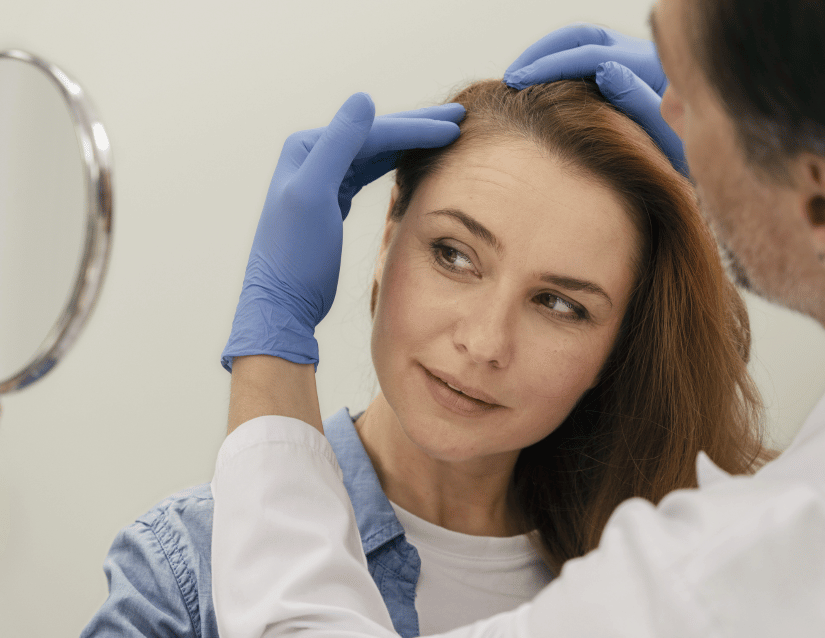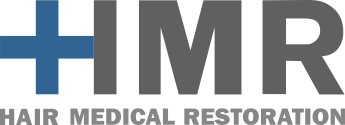
A Comprehensive Guide to Effective Treatments
Hair Medical Restoration
At HMR Tijuana various types of treatment are used to improve baldness, below we will mention some treatments for alopecia in women, it is important to mention that some are under investigation.
Minoxidil
Topical solution available over-the-counter that is applied directly to the scalp. It helps to stimulate hair growth and slow down further hair loss. Minoxidil is usually applied once a day and may take several months to show visible results.
Finasteride
Oral medication that can be prescribed by a doctor It works by blocking the conversion of testosterone to DHT, the hormone responsible for hair follicle shrinkage in androgenetic alopecia. However, finasteride is generally used more commonly in men and may have certain side effects, so its use in women may be limited and should be discussed with a healthcare professional.
Platelet-Rich Plasma Therapy
Involves injecting a concentration of the patient's own platelets into the scalp. Platelets contain growth factors that can stimulate hair follicles and promote hair growth. This treatment is typically performed by a doctor.
Hair Transplantation
In cases where other treatments do not yield satisfactory results, hair transplantation may be an option. It involves taking hair follicles from the back of the scalp with healthy hair growth and transplanting them to areas with thinning or balding.
Vitamins and Nutrients
Play an essential role in maintaining overall hair health, including in cases of hair loss or baldness in women. Here's how these vitamins and minerals can contribute to hair health and potentially help with hair loss:
- Vitamin A: This vitamin helps in the production of sebum, an oily substance that moisturizes the scalp. A well-hydrated scalp can support healthier hair growth.
- B-Complex Vitamins: The B-vitamins are crucial for hair health. Biotin, in particular, is associated with promoting healthy hair and may help reduce hair loss.
- Vitamin C: As an antioxidant, helps combat oxidative stress, which can contribute to hair damage. Additionally, aids in collagen production, an essential protein that strengthens hair structure.
- Vitamin D: It plays a role in hair follicle cycling and function. Low levels have been linked to hair loss, and maintaining adequate levels may support healthier hair.
- Vitamin E: As an antioxidant, helps protect hair from oxidative damage and supports a healthy scalp environment.
- Iron: Deficiency, known as anemia, is associated with hair loss in women. Ensuring sufficient levels can help support healthy hair growth.
- Zinc: Is involved in tissue repair and supports the growth of hair follicles, can contribute to hair loss.
- Proteins: Hair is primarily composed of a protein called keratin. A diet rich in protein can contribute to stronger and healthier hair.
At HMR Tijuana together with Dr. Jorge Cortez we have highly qualified doctors with more than 15 years of experience in hair care, always using the best techniques in order to get the best results for you.



